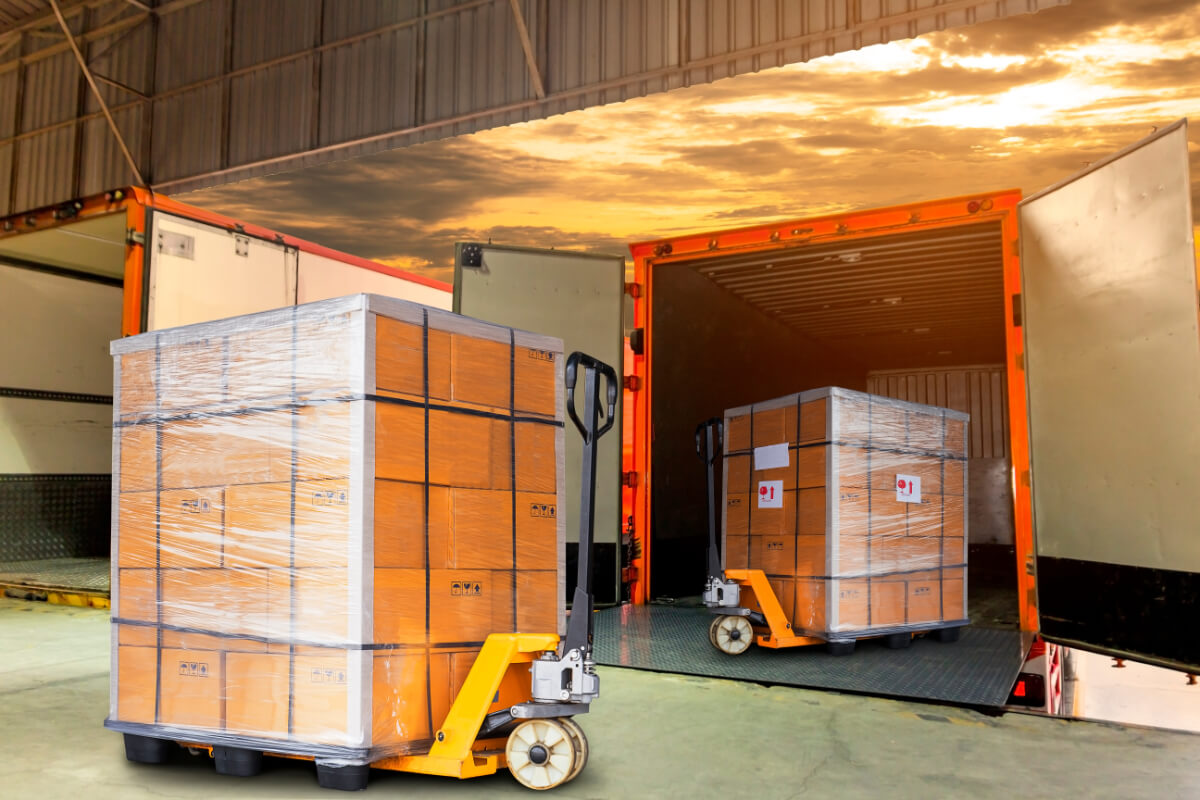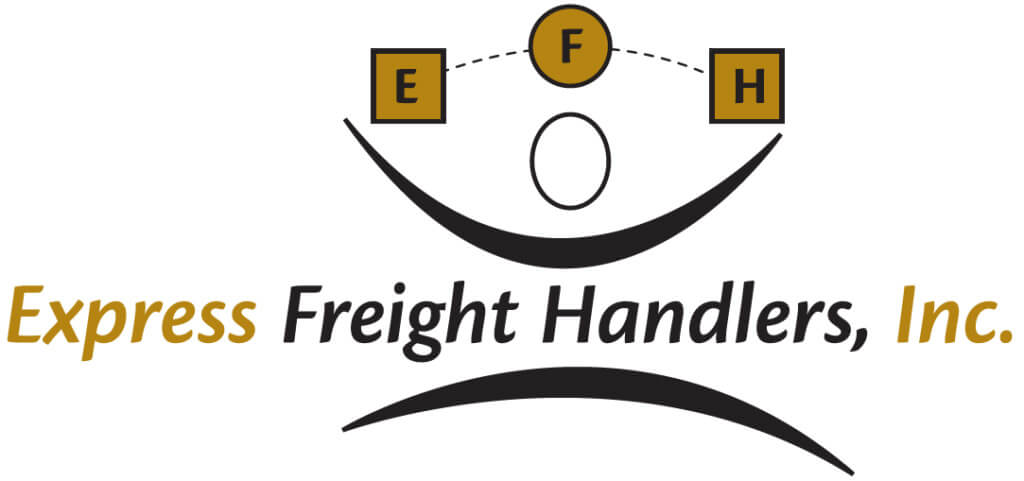
There are numerous scenarios when operations managers assemble their supply chain workforce arrangements. Who should be responsible for unloading freight? Sometimes this task falls to truckers who likely have just completed an hours-long, final leg of their journey. Or perhaps, staffers from other warehouses or retail divisions are ‘appropriated’ to perform the chore. Some managers will hire unskilled day laborers, thinking this will save money and lower overhead costs. The best option for unloading freight, however, is to hire professional lumpers. Lumpers, also known as freight unloaders, are OSHA-certified, highly skilled professionals. Here, we’ll demonstrate why partnering with the pros at Express Freight Handlers is the right decision and ideal addition to every operations team.
Let’s build on the term ‘responsible’. In a perfect world, every leg of every supply chain will run smoothly and on time. What throws a wrench into this thinking is the fact that during freight unloading, when a trailer is first opened, there may be damages and asset losses to contend with. These must be resolved quickly yet the timeline for unloading the freight cannot be compromised. And there are other considerations that will quickly rule out tasking the driver with unloading freight. To explain, here are a few more facts. Under a long-standing industry regulation, the Carmack Amendment, a carrier is liable for the actual loss of goods which “arrive” damaged or destroyed en route. This ruling allows shippers to recover damages from a carrier for the “actual loss or injury to the property” resulting from the transportation of cargo in interstate commerce.
However, there is an opposing view that, in some instances, rules out truck drivers as freight unloaders. The National Motor Freight Classification (“NMFC”) is an industry standard that provides a comparison of commodities moving in interstate, intrastate, and foreign commerce. It is an NMFC rule that truck drivers may not participate in unloading freight if a trailer pallet’s contents weigh more than 500 lbs. Most single pallets will weigh significantly more than a quarter of a ton. BTW, while voluntary, NMFC is often cited in insurance claims and historically, places responsibility for damages and asset losses on consignees, or the recipient of the goods being shipped or transported.
As you can see, the verbiage between the Carmack regulation and NMFC creates gray areas where is it best to leave the responsibility of unloading freight to third-party professionals. Unlike untrained staffers, and unskilled temps, Express Freight Handlers’ teams are both highly-trained and experienced. We operate in over 38 states, partnering with operations professionals to unload over a million trailers and containers every year. When our supervised teams encounter asset damages, such as spoiled perishables or hastily packed pallets that have shifted en route, we have a protocol to follow. Our team knows how to quickly assess the situation, document the damages for an insurance claim, shore up the remaining cargo, and ensure it is unloaded efficiently and safely. Our professionalism saves operations costs by providing skilled workers on an as-needed basis, thereby holding the line on overhead.
Save time, save money, and ensure worker safety – put our team to work for yours! For more information, contact us today!

